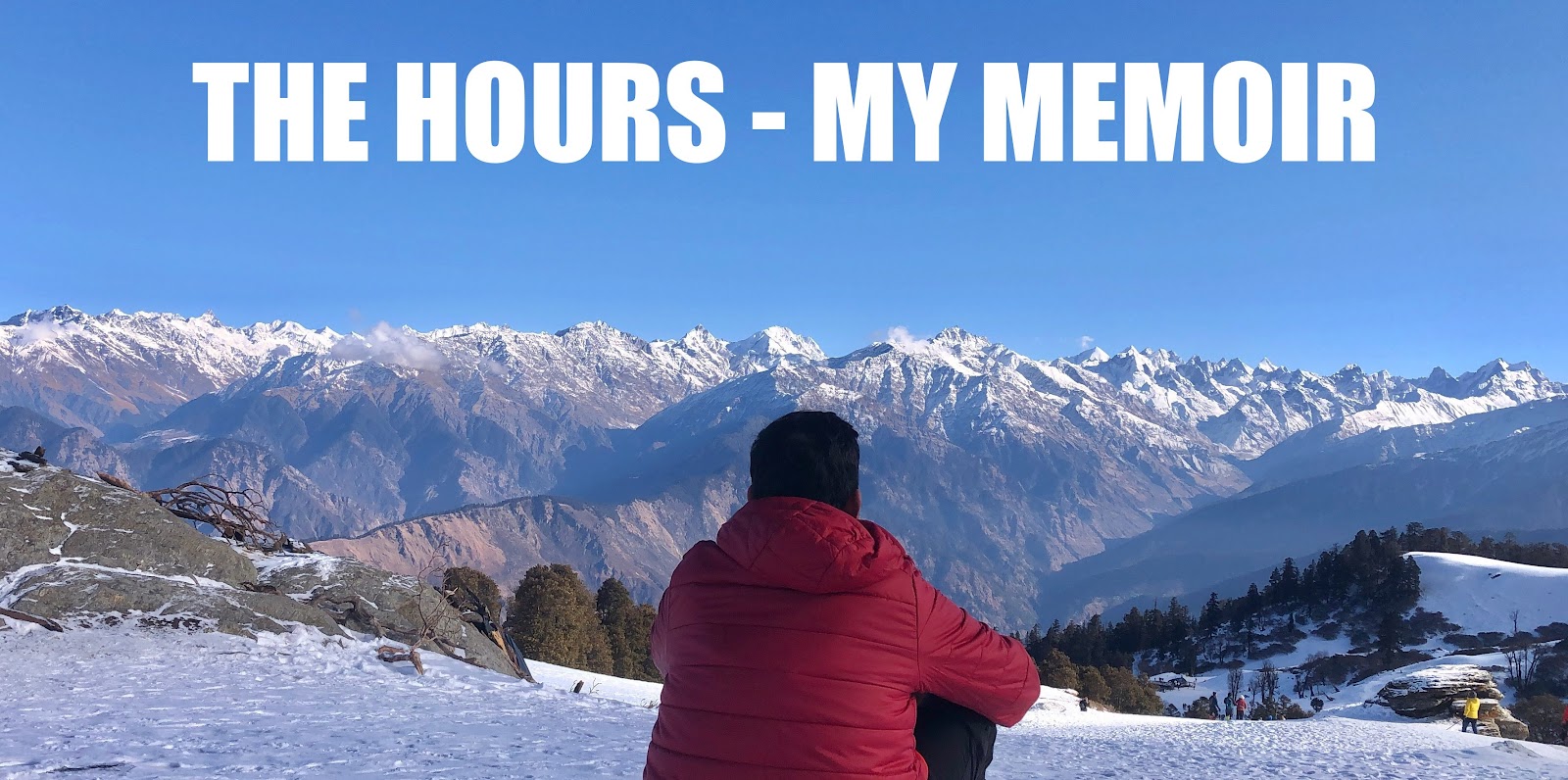It is interesting to notice that how easily some teachers can inspire us. And if I look back, every one of those who have inspired me, have been a teacher; as from them, I have learnt something new.
When we started our B2 level in French, we were happy and nervous about the fact that our teacher was a French national. Cloé definitely started the class by laying some ground rules and appearing strict. She had rules, most of which made perfect sense to avoid any lenience and maintain a discipline. "I am strict with myself and so shall I be with others." She had said.
As the classes continued, it was interesting to notice that she went totally off the text book and gathered exercises from newspaper articles and novels that were much more captivating. B2 is a very important level in French learning. Until B1 one has learnt the basic grammar and now it is time to apply them and concentrate on the structure. Some of the major topics we covered were - How to comment on an article (Commentaire); how to present an argument and how to write a synthesis of an article by extracting its basic ideas. And as she taught us this, Cloé introduced us to a very different style of thinking, teaching and learning -The French Cartesian school of thought.
Descartes's philosophy has strong influence on French education system and it may not be wrong to say that every French has a Cartesian mind. Their mind can be related to a garden with plants systematically arranged in different geometric shapes. From a very young age they are taught to follow rules. A dissertation should have both thesis and an anti thesis and the two should be chained with an introduction and a conclusion. An article is automatically dissected like an animal on a study table and the observations are then regrouped with not more than 3 to 4 strong ideas. And the most interesting; in a debate, not only does one think of the points related to his side but also against his side to understand the opponents strengths and prepare for the same.
Cloé also had a very distinctive style of correctiong our work. She would only point out the errors and it's type but not really correct the mistake herself. An error in structure, morphology, grammar or lexical suggestions were noted and she would expect us to resubmit the same writing with the corrections. Eventually our writing improved. Every argument had to be clearly constructed with a cause and a consequence, every switch in idea must have a connector to maintain coherence. Every idea that repeated itself with new words was clearly marked. And with these corrections, I looked at writing and reading with a very new perspective.
Every class of her's was interesting. With articles such as - "Views on education by philosopher Rousseau", "A skeptical view on media by a French journalist", "Questioning the authenticity of Wikipedia" and "issues with student exchange programs", she would explain how one could identify the ideas from an article and extract the opinions of the author that hides somewhere in a line with apt use of adverbs and adjectives.
Every Saturday, last hour was provided for our project work. Mine was to make a documentary film on Jean Cocteau's masterpiece - La Belle et La Bête. And truly the experience has been amazing. I would be writing a separate article on it shortly. Through out the making of the film, Cloé was a constant source of inspiration and her thought provoking questions helped us view the film in ways that our style of thinking would not have permitted.
With an exposure to new style of teaching and learning, I could not help comparing the same with Indian way. Our style mostly involves teaching straight from the book, following the book like a bible and sometimes to read despite understanding. Mistakes are neatly corrected rather than making the student realise the errors. Scope to develop a style of thinking is totally neglected as compared to the time invested on perfecting the rules of grammar and spelling. If things have changed today due to influence of American style of education, I am only glad for that.
However, with all the good things that the cartesian thinking comes with, I also feel that somewhere it might limit the openness to accept a new perspective. It might restrict innovation in the way we think itself, Perhaps there is another better way to look at things!
But having said that, A blend of my learning, this new introduction and American way of practical learning has all made me a much better absorber of knowledge. And one day when I decide to give back to the society what I have learnt, I shall include the best from everything. For knowledge is realised only when it is shared. Just like what Cloé meant when she said - "All I want is to share what ever good I have learnt and give you my best." And her piece of advise for us on the last day was - "Soyez Cartesian!." (Stay Cartesian!)



Very insightful. I'm amazed, constantly, at how little I know and how much the world can teach me!
ReplyDelete